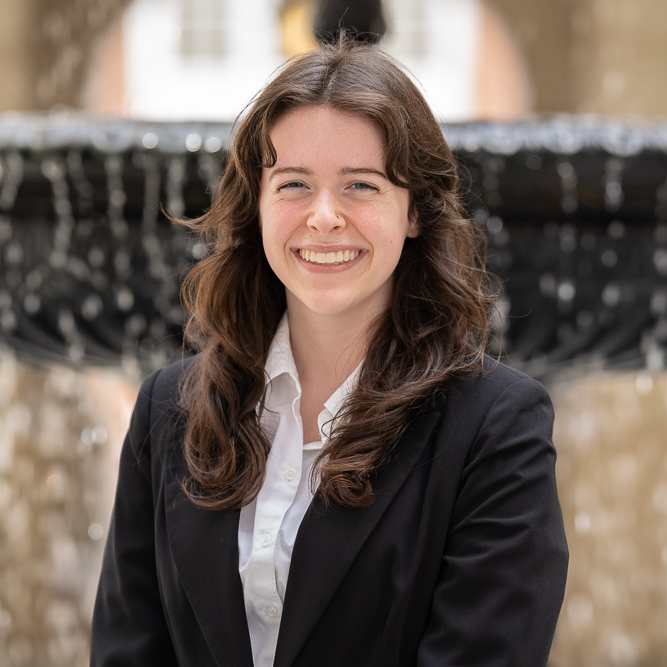

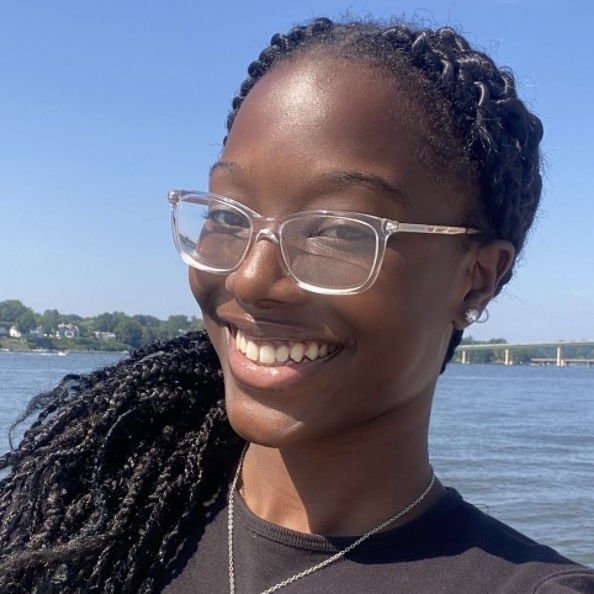

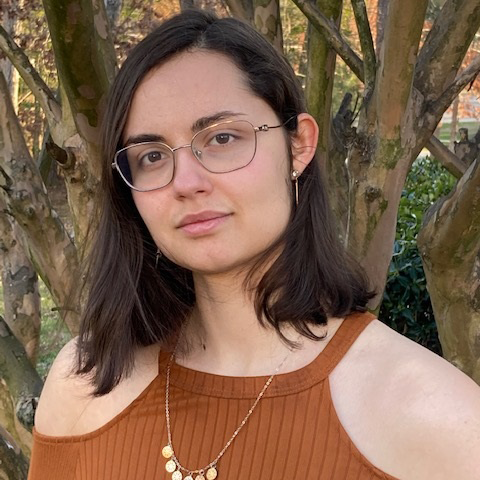

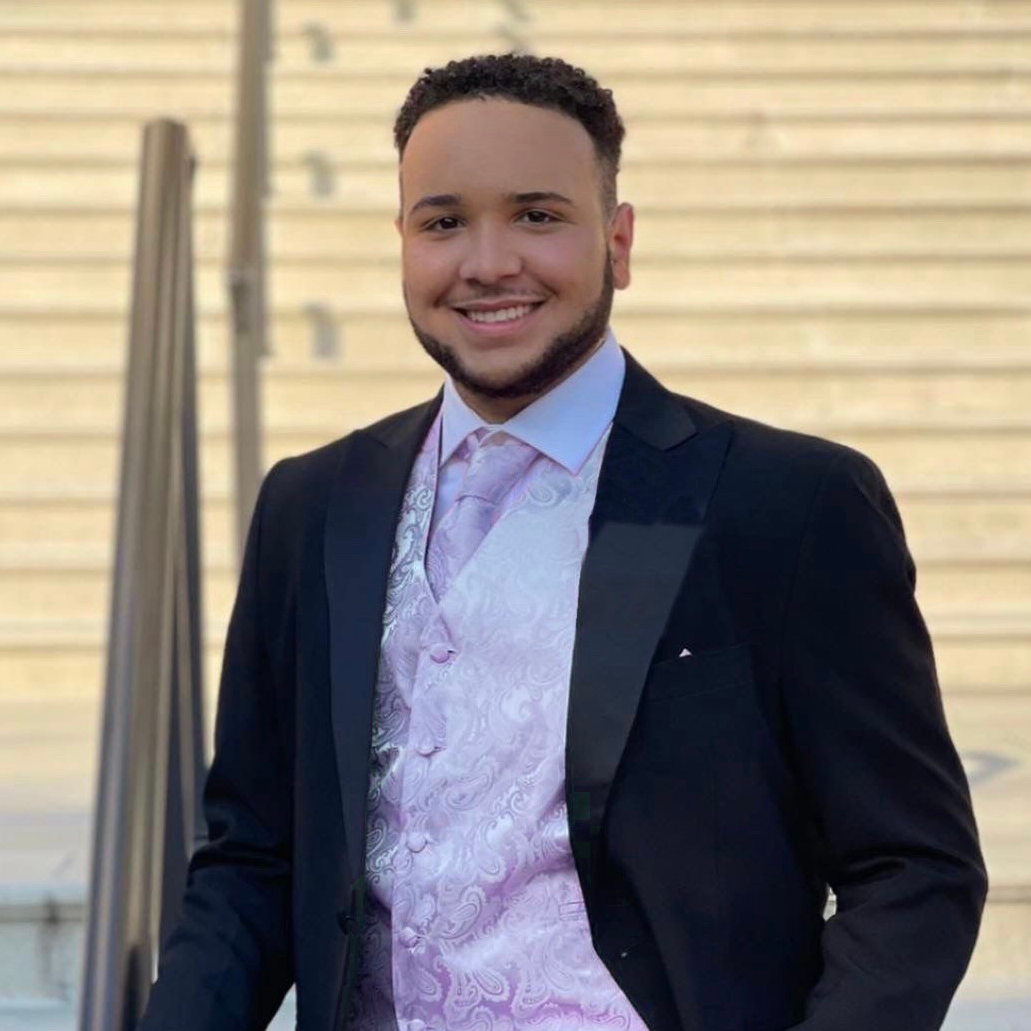

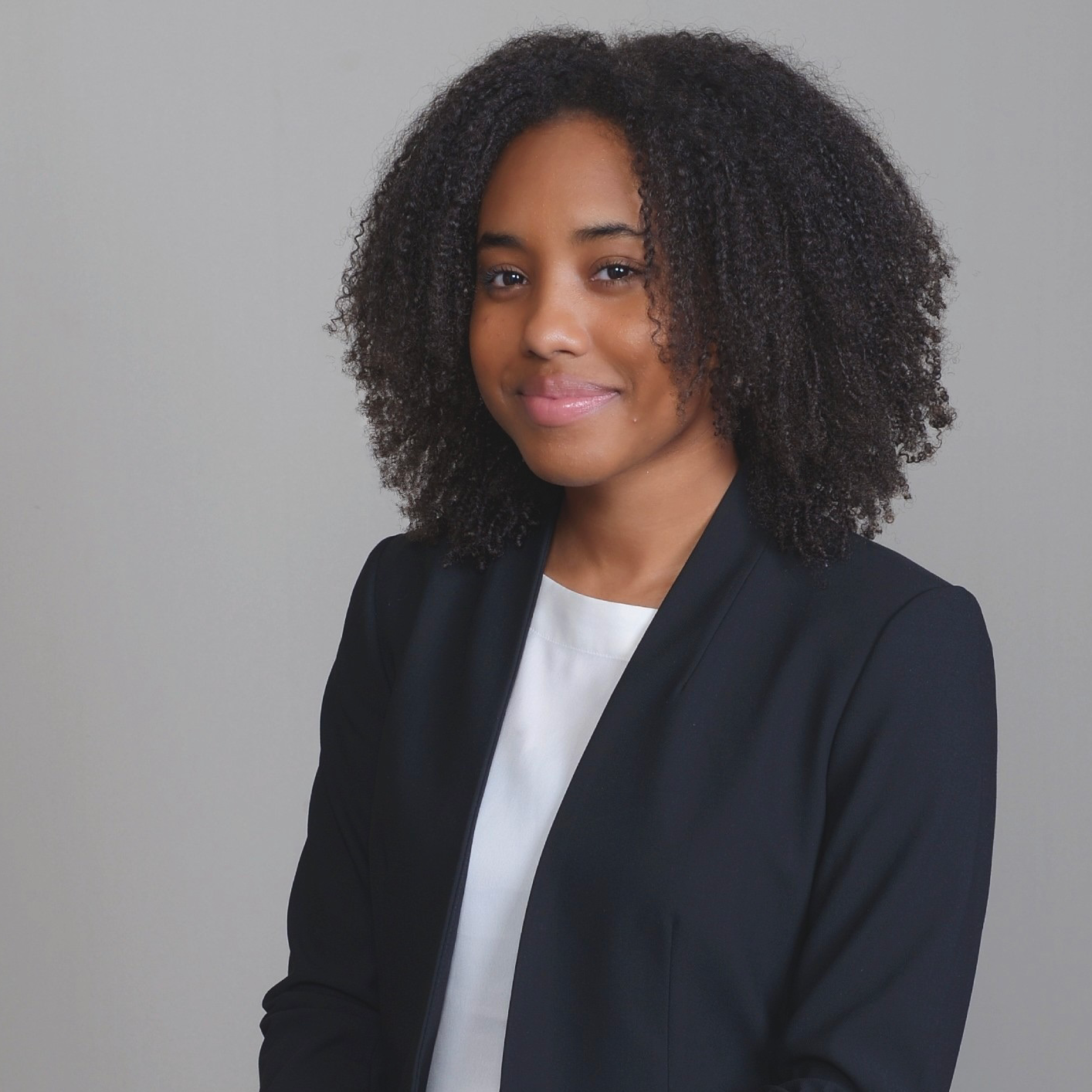

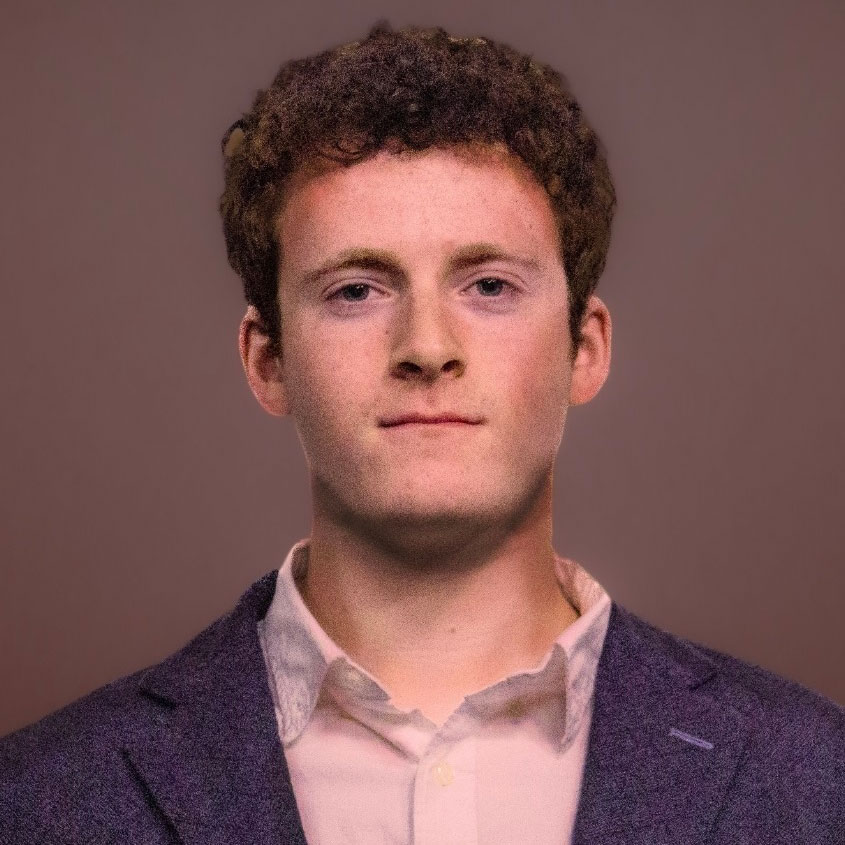

 Virginia Commonwealth University - Class of 2025
Virginia Commonwealth University - Class of 2025
Research Project: "Refining a Behavioral Exercise Training Intervention for Medically Underserved Men Undergoing Androgen Deprivation Therapy for Prostate Cancer"
Mentor: Alexander Lucas, PhD
How Skyler first got bit by the "research bug": I began shadowing in cardiology during my freshman year of college. After watching a heart surgery, I knew I wanted to study this branch of medicine. I'm not exactly sure why I love the heart, but I think it's partly due to its centrality in the human body, and partly due to the fascinating physics that are involved with a system in motion. I owe my interest in cardiology research to Drs. Mauro and Palladino at the Pauley Heart Center - they have helped me learn the scientific process behind research over the past two years. I've been able to see how medical treatments are formulated before we see them in clinical use.
The highlight of Skyler's Pauley summer: The Pauley research fellowship offers undergraduate students a comprehensive view of cardiology, from the physiology and pathology of the cardiovascular system, to actually observing nearly every common cardiovascular procedure. During the weekly rotations, we get to interact with doctors and even ask questions during their procedures. The highlight of the program for me was definitely the observation of a coronary artery bypass graft open heart surgery. Being able to stand at the patient's head the entire time, and even speak with the doctor during the procedure, was incredible. Overall, this program stands alone among undergraduate internships. I'm still amazed at some of the experiences I was offered, which I had previously thought were reserved for students in medical school or beyond.
Biggest challenge of Skyler's Pauley summer: The biggest challenge I faced was learning to effectively present complex topics in front of others.
What motivates Sklyer: When I need motivation, I think of a problem that needs addressing. The most serious problems we face today involve health. I think about a child who has a fully treatable disease, but does not receive the treatment because they cannot afford it, or do not even know they are sick. I am also motivated by the power I feel when I see people saving other human beings. That all makes me want to be a part of the solution.
Skyler's future goals: I would like to have a lasting impact on the human condition. One moment that stuck with me from this summer was an interaction with a heart transplant recipient who was failing to take his medications. That upset me at the time; I felt like he didn't see the value of the gift he had just received. The doctor told me: "These patients have been through hell and back, but they just can't manage their health." Ultimately, I want to change the way people see healthcare, and help people to increase their personal responsibility for their own health. I want to help people change their diet and exercise habits, and help them avoid the hospital all together. In other words, I want to attach the problem of heart disease at its source, either as a doctor or a behavioral researcher.
Skyler's walk-up song: The Final Countdown by Europe
How Skyler takes care of his physical and mental well-being: For the past five years, my profile on the exercise app Strava has read "exercise generates happiness" - something I truly believe.
Best advice Skyler has ever received: Act as if it were impossible to fail.
Skyler's advice for undergraduate researchers: Wherever you're in school, find the faculty directory in your field of interest, and read the research papers of every person listed. Then, send each researcher a personalized email in which you detail your thoughts on the paper, and any questions you had about it. You may not understand everything you read at first, but you'll definitely learn more than you think.
 Christopher Newport University - Class of 2026
Christopher Newport University - Class of 2026
Research Project: "Effects of Hydrogen Sulfide on Cisplatin-induced Foam Cell Death and Atherosclerosis"
Mentors: Fadi Salloum, PhD and Adolfo Gabriele Mauro, PhD
Amber's 2024 summer research: This summer, I studied the association between cisplatin (a common platinum-based chemotherapy agent) and atherosclerosis. Utilizing both in vivo and in vitro models, I have had the opportunity to analyze cardiac tissues for visible signs of atherosclerotic plaque formation as well as treat macrophages with cisplatin in order to determine expression of various markers of necroptosis - a form of programmed inflammatory cell death believed to be involved in the process of plaque formation.
How Amber first got bit by the "research bug": During my freshman year of college, I realized that I wanted to become involved in neuroscience research, but I had no idea what exactly that would entail. My mentor at CNU, Dr. Gina Fernandez, has fostered my scientific education. In Dr. Fernandez's psychopharmacology lab, we are examining the long-term behavioral impacts of adolescent exposure to nicotine and alcohol. I have not only learned a plethora of laboratory skills, but also that I should make my voice heard and take up space within scientific settings - because I belong there as much as anyone else does. Her mentorship has led to important realizations on my end: not only am I interested in pursuing research, I am also incredibly passionate about increasing accessibility within research fields for people who align with underrepresented identities within STEM, as I do.
The highlight of Amber's Pauley summer: I have found the clinical shadowing aspect of this fellowship to be especially rewarding. Being able to see how doctors and other healthcare professionals interact with their patients, and being afforded the honor to participate in these intimate interactions - has been an experience like no other. It has show me what it means to be a physician.
Biggest challenge of Amber's Pauley summer: The transition from working entirely in behavoiral neuroscience at CNU to cell culture and basic science research at the Pauley Heart Center was initially difficult - I often felt as if I should know more, despite having no previous experience in this type of research. I had feelings of imposter syndrome for the first few weeks of the program. But as time progressed, I came to realize that everyone here is learning, and you are not expected to be perfect on the first day of joining a brand new research project.
What motivates Amber: Having an amazing support system is what motivates me the most. MY support system includes not only my mentors here at the Pauley Heart Center and CNU, but also my family. As a first-generation college student, my family have always beenmy "#1 Fans" (as they will tell you). Having them check up on me and ask about the things that I am doing every day has been very motivating and inspiring.
Amber's future goals: Over the course of my career I hope to make positive changes within the field of medicine - both in my everyday interactions with people as well as in a broader sense. I hope to emulate the qualities displayed by my own mentors, whom I so extensively admire. Serving as a role model for people who have had similar lived experiences as I have had is one of my greatest goals - because I know just how much it means to see someone who resembles yourself in fields where you are considered the minority.
Amber's walk-up song: HOT TO GO! by Chappell Roan
Something about Amber that usually surprises people: People are usually surprised when I tell them that I am disabled. When most people imagine a disabled person, they picture someone with a visible disability, or a person who uses medical devices such as mobility aids. Having an invisible disability is a large part of who I am as a person, and it influences many of my passions and goals for the future.
Best advice Amber has ever received: "Get comfortable being uncomfortable." A lot of times, in order to grow, you must be outside of your comfort zone - which is a difficult thing to do. If you are able to learn how to tolerate being uncomfortable for the sake of learning, then you're setting yourself up for success in the long run.
Amber's advice for undergraduate researchers: Become comfortable asking for opportunities, even if you think the answer will be no. When reaching out to professors who you are interested in working with, it is common to hear that there are no openings - which may be discouraging to hear. But keep going, no matter how many times you are told no - you will eventually find exactly where you are supposed to be. Also, if your university has an office of undergraduate research, reach out to them for resources and connections. These offices have great advice on which labs are accepting new students, or at the very least they will be able to point you in the right direction of who to talk to within your discipline.
 William & Mary - Class of 2026
William & Mary - Class of 2026
Research Project: "Black cardiac sarcoidosis patients face higher rates of comorbidities"
Mentor: Jordana Kron, MD
Junior's 2024 summer research: Sarcoidosis is a multi-systemic inflammatory disease that primarily affects the lungs, but can also impact the heart, skin, eyes, and other organs. I'm researching cardiac sarcoidosis, which leads to the formation of granulomas within the heart, which can reduce ejection fraction and cause arrhythmias and heart scarring. My work involves updating patient follow-up data for the Cardiac Sarcoidosis Consortium to track disease progression. I'm focusing understanding racial and sex disparities - specifically why Black women have higher sarcoidosis mortality rates and develop the disease at a younger age. This research is crucial because the exact cause of cardiac sarcoidosis is unknown, but genetic predisposition and exposure to environmental factors such as smoke, chemicals, dust, and mold can increase the risk of developing sarcoidosis, especially in vulnerable populations.
How Junior first got bit by the "research bug": My interest in medicine was sparked at a young age, by my sister's experience with a non-cancerous tumor located on her left arm. I was incredibly curious about what happened behind the doors of the operating room, and that ignited my passion for biology and research. In college, my fascinating with research grew under the guidance of Dr. Margaret Saha; I've had the opportunity to work in her research lab studying phages. Alongside my STEM pursuits, I've also always had an interest in the humanities. I'm pursuing a double major in biology and Hispanic studies, influenced in part by my move to the US; I seek to better understand and connect with the diverse Latino community here. This dual focus has enriched by academic journey, blending scientific inquiry with historical and cultural understanding.
The highlight of Junior's Pauley summer: Besides my research, the highlight would have to be meetign like-minded individuals from other institutions and gaining first-hand exposure to clinical care and clinicians. One unforgettable experience was shadowing Dr. Chery during my first time watching a cardiothoracic surgery — he performed a dual bypass. I also got to shadow my research mentor, Dr. Kron, in the electrophysiolgy lab, where she performed an ICD implantation.
Biggest challenge of Junior's Pauley summer: Meeting deadlines for my research poster. Gathering and analyzing quality data within two months was demanding, especially with the added hurdle of waiting for access to various platforms necessary for cardiac sarcoidosis research. However, I was able to overcome these challenges with my mentor's support.
What motivates Junior: My parents. Moving to the USA from the Dominican Republic, I witnessed their immense sacrifices: leaving behind family and everything they knew to ensure my sister and I could get a better education. They are my constant source of inspiration and a drive to persevere and never give up, no matter the challenges I face.
Junior's future goals: I hope to work in medicine, and within medicine, I hope to bridge the gap in the representation of Latinos in the medical field and ensure that all patients receive high-quality care. I have previously worked as a medical interpreter and witnessed how non-English speaking patients do not experience the same quality of care. I saw how their feelings and urgency of care were often underestimated by providers, who could be culturally insensitive. Many times, I found myself advocating for these patients to help them receive better care and bridge cultural gaps. There is an urgent need to improve patient care interactions between non-English speakers and medical providers.
Junior's walk-up song: "Mi Gente" by J Balvin. For me, it not only represents the joy and charisma of Latin music, but also brings back memories of home in Santo Domingo where people come together every night in the streets to dance bachata and merengue. The song's message of unity and how music transcends language and cultural barriers is incredibly powerful.
Something about Junior that usually surprises people: How much I enjoy cooking. Cooking is a creative outlet for me: experimenting with flavors, spices, and new ingredients is like playing with art, turning ideas into tangible and delicious results.
How Junior takes care of his physical and mental well-being: I listen to music and dance bachata, I cook and draw, and I spend time with friends and family. Going biking not only keeps me physically active but clears my mind.
Best advice Junior has ever received: My dad often repeated his grandfather's wisdom: "Every action has consequences." The word "consequence" often has negative connotations, but consequences can be both positive and negative. This phrase brings me into reality and encourages me to consider the implications of my actions carefully. It highlights the profound impact our choices can have on our lives.
Junior's advice for undergraduate researchers: Be diligent and patient. There are numerous research opportunities out there, but finding the right one takes time and dedication. Be proactive by identifying your areas of interest and reaching out to potential mentors. Additionally, understanding that research involves a lot of trial and error is key. Sometimes things are out of your control. Embrace challenges as learning experiences and stay adaptable when things do not go as anticipated.
 Old Dominion University - Class of 2025
Old Dominion University - Class of 2025
Research Project: "Gender Disparities in Lipid Control Among Statin-Intolerant Patients: A Retrospective Analysis"
Mentors: Anurag Mehta, MD
How Divine first got bit by the "research bug": My teachers have played a major role in me becoming a researcher. I've always been interested in science, but never considered participating in scientific research until I took a biology class with Dr. Mills at ODU. He taught in an engaging way and always encouraged his students to stay curious. Then, Professor Heart, one of my favorite English professors at ODU, assigned essays that challenged me to think in ways a scientist would — we had to practice writing research proposals and presenting hypothetical research projects. Through that work, I gained the confidence to search for research opportunities at ODU, ultimately landing with my current research mentor, Dr. Holder, who graciously accepted me into his research group, and since then I have gained many laboratory research skills. I have my STEAM professors to thank for where I am today; their teaching sparked my curiosity and their constant encouragement kept it ablaze.
The highlight of Divine's Pauley summer: Shadowing my mentor, Dr. Mehta! It is amazing to see all of the collaborative efforts that go into providing patients with the best care, and the knowledge that is needed to create treatment plans. Dr. Mehta and his team never hesitate to answer any of my questions, and under the guidance of Dr. Mehta and Dr. Alebna, I have been able to start my journey as a clinical researcher. They've helped me improve my presentation skills, network with others, and better understand the research process. My confidence as a scientist has grown, and they have fostered my interest in cardiology.
What motivates Divine: My future. While new assignments or projects may seem confusing to me now, I know that I'll get the hang of things in the future if I continue to work hard.
Divine's future goals: I hope to inspire younger generations to have a passion for STEM!
Divine's walk-up song: The first 40 seconds of Crew - Goldlink ft. Brent Faiyaz.
Something about Divine that usually surprises people: I like to DJ! I enjoy discovering new music and playing around with sounds and different mixes. I don't DJ professionally, just for fun.
How Divine takes care of her physical & mental well-being: Exercise! Staying active is my favorite way to put a pause on my thoughts and relax for a while. I love doing yoga, Zumba, playing soccer, and hiking.
Best advice Divine has ever received: Always view conversation as a dance instead of a war. We are taught to frame debates in a black-or-white, win-or-lose way. Instead, if we can change our perspective on debate, it can sift from a fight to a collaboration. Each side of a conversation has a different perspective they can add, and lessons that they can take away. This perspective leads to a more uplifting and productive discussion based on a mutual goal of understanding one another and leaving the conversation with even more questions.
Divine's advice for undergraduate researchers: Take the leap and start looking for research opportunities near you! Don't fall for the myth that is imposter syndrome. You don't need to be an expert in research to get started — you just need to be willing to learn. Trust that you deserve every opportunity you're granted, and if you ever doubt that thought, work hard to prove it to yourself. Participating in research is an amazing way to contribute to the field of science and witness firsthand the possibilities of the future.
 Virginia Commonwealth University - Class of 2025
Virginia Commonwealth University - Class of 2025
Research Project: "Mitochondrial Dysfunction in Aging: The Female Heart at Risk"
Mentors: Ed Lesnefsky, MD, and Qun Chen, MD
Kaia's summer 2024 research: I am working with Dr. Lesnefsky and Dr. Chen to investigated how age-related mitochondrial dysfunction increases older women's susceptibility to cardiac injury after heart attacks. We are doing this by analyzing the mitochondrial function of heart cells from young and old female mice.
The highlight of Kaia's Pauley summer: Every Wednesday, we have the opportunity to shadow different aspects of the Pauley Heart Center. I've gotten to shadow doctors in the cardiac MRI lab, CICU, LVAD clinic, electrophysiology lab, and more. This experience has been invaluable. I've learned so much about the field of cardiology over the span of just a few weeks!
What motivates Kaia: Seeing the people I help succeed and thrive.
Kaia's future goals: I am currently studying to become a cardiology or cardiothoracic surgery physician assistant. I would like to continue doing research as well.
Kaia's walk-up song: Dose by Ciara
Something about Kaia that usually surprises people: That I've been to over 40 U.S. states!
How Kaia takes care of her physical & mental well-being: I love going on leisure drives and listening to music to destress.
Best advice Kaia has ever received: "You miss 100% of the shots you don't take." -Wayne Gretzsky
Kaia's advice for undergraduate researchers: Do research that interests you. If you are working in a field you're passionate about, you will stick with it and build your skillset.
 Virginia Commonwealth University - Class of 2025
Virginia Commonwealth University - Class of 2025
Research Project: "Correction of Right Bundle Branch Block Using Left Bundle Pacing"
Mentor: Ajay Pillai, MD
Erin's summer 2024 research: Just like the rest of the body, the heart has an electrical circuit. And, just like any circuit, it can malfunction. The circuit has a left and right side, and the right side sometimes gets blocked or interrupted, forcing the electrical signal to take a detour to the left, which delays the contraction of the heart muscle on the right side. This is called "right bundle branch block," and 3% of the general population suffer from it. I am trying to figure out if it can be corrected by putting a pacemaker on the left side of the heart, as well as if there are some associated criteria explaining the disparities in patients' recoveries.
How Erin first got bit by the "research bug": I have always been curious about EVERYTHING, and I wanted to have a profession that would allow me to satisfy and cultivate my curiosity, to ask question after question about anything and everything. What field fits that description better than scientific research? Questions and curiosity are its backbone. I want to thank VCU chemistry professor Dr. Giles for being the first one to encourage me and tell me I have what it takes to go into academia, and Dr. Damaj, my current PI in the Department of Pharmacology and Toxicology at VCU.
The highlight of Erin's Pauley summer: The highlight of the program was all the people I have met, be they doctors, interns, fellows, patients, technicians, nurses, and of course, my fellow participants. I value connections and this program gave me plenty of opportunities to make connections. My mentor Dr. Pillai and his team were kind and always willing to teach me.
Biggest challenge of Junior's Pauley summer: My biggest challenge — and I know many other fellows faced this too — was to find both the courage and the skills to go through all of the public speaking the program requires.
What motivates Erin: The people close to me are my greatest motivation. I want to be able to get myself into a situation where I can help them in any way they might need, and support them through everything — but mostly I want to become someone they can be proud of.
Erin's future goals: Encourage others to be as curious about the world and science as I am. I hope to bring back some of that genuine curiosity that made all of us ask "Why?" on repeat when we were kids.
Erin's walk-up song: "Who I Am" - The Score, "Living on a Prayer" - Jon Bon Jovi, or "Run Boy Run" - Woodkid
Something about Erin that usually surprises people: I am socially awkward and lack self-confidence. I like to sum it up like this: "I am shy," and people are always surprised by that because I am also a loud person.
How Erin takes care of her physical & mental well-being: Good food is a mental and physical boost! Whether it is baking sweets in the middle of the night, eating said sweets, cooking generous meals, or enjoying ice cream by the pint, good food helps me relieve my stress.
Best advice Erin has ever received: "You do not have to know what you want to do with your life. Just know what you do not want to do, and then try the rest! It might be interesting, it might even be fun. And if you find out you do not like something after all, then add it to the list and move on. The longer your list, the more things you've tried, and the more complete your life becomes. There is no shame in doing what you like while sorting yourself out."
Erin's advice for undergraduate researchers: Go for it — you have nothing to lose. You'll walk out of the program with new skills and connections, and you might be surprised to discover new disciplines you weren't even aware of.